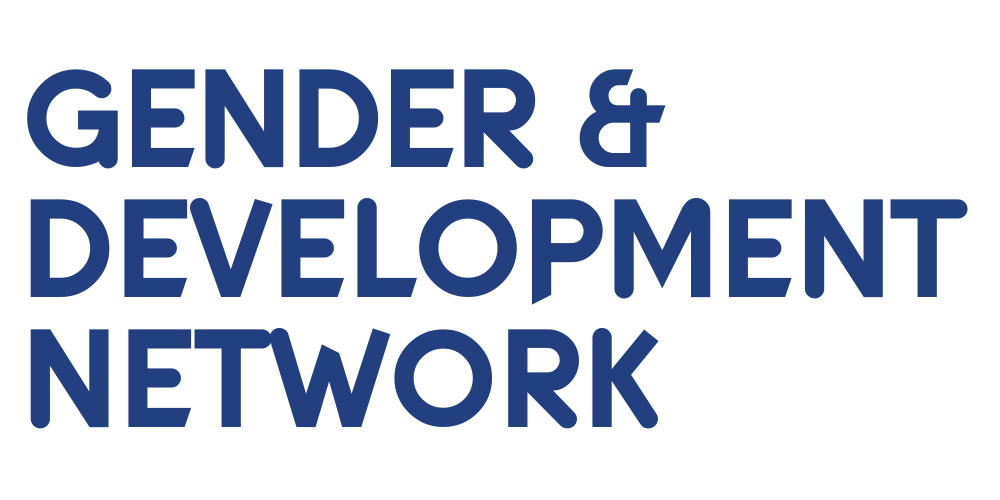July 2015
The rights concerning women and girls with disabilities is a central issue deeply connected to IDDC’s and GADN’s priorities and the priorities of the members of IDDC and GADN. We welcome the Committee’s commitment to tackling multiple discrimination on the grounds of gender and disability and its recognition of the complexity of this cross-cutting issue. We also recognise the potential impact of this General Comment in bringing greater clarity regarding multiple discrimination issues more broadly beyond gender and disability. This submission intends to build on the strengths of the Committee’s analysis of gender and disability.
Read More



